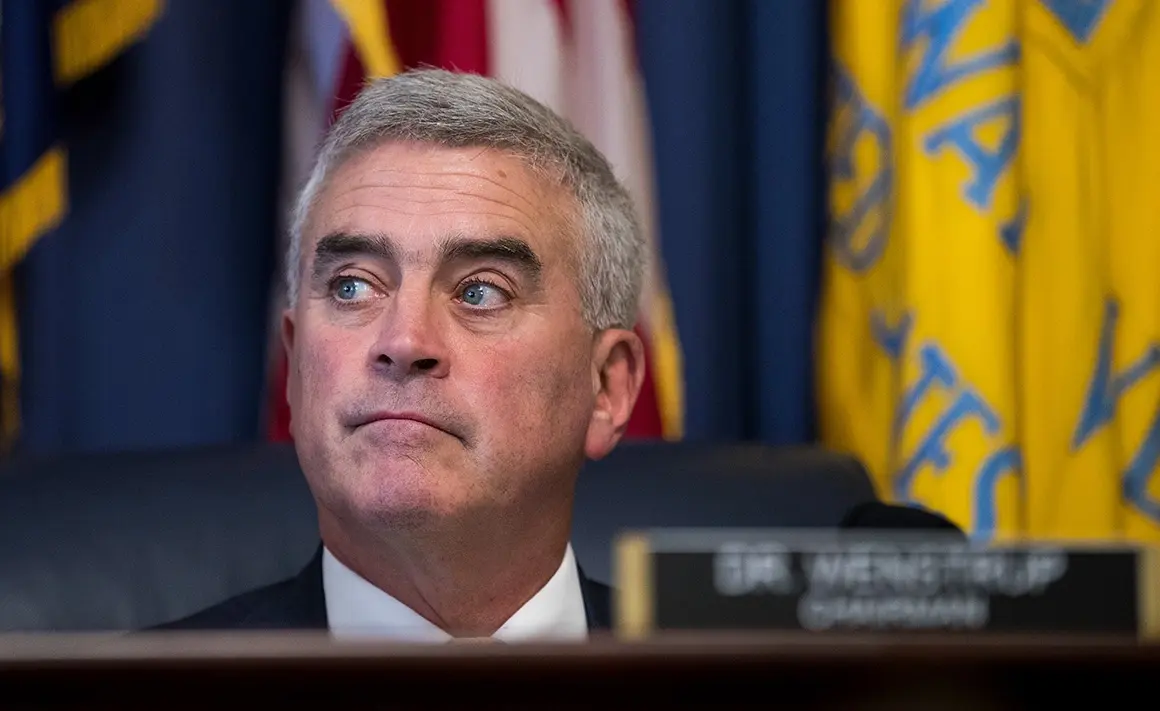For thrifty consumers, there’s a lot to like in high-deductible health insurance. The plans offer low monthly premiums and those fees fully cover preventive care, including annual physicals, vaccinations, mammograms and colonoscopies, with no co-payments.
The downside is that plan participants must pay the insurers’ negotiated rate for sick visits, medicines, surgeries and other treatments up to a minimum deductible of $1,500 for individuals and $3,000 for families. Sometimes deductibles are much higher.
Let’s keep it civil.



deleted by creator
Car insurance that was universal would set maintenance prices in a way that was cheaper than paying on your own, as proven by every single payer country in the world.
You think that because you are wheeling and dealing that you are getting a good deal, but that is just the impression they want you to have. Countries with single payer or comparable universal medic coverage spend far less (like 6k a year on average) and people pay proportional rates based on income. That isn’t what they pay in taxes, that is the cost averaged out an includes cancer patients and is far lower for lower income earners and higher for high income earners.
You have fallen for the desire to have choice over a working system that benefits everyone and most likely would cost you less.
Wouldn’t a fair amount of people *not *have a funded HSA? The savings power of Americans is not so great; it seems logical to me that a good percentage of people choosing low premium/high deductible plans are doing so because they already can’t afford a large monthly expense, not because they’re flush with cash to fund a savings account.
It sounds like you are able to fully fund your HSA, so it works out great for you, but I’m not convinced that would be the case for most people on these plans.
deleted by creator
That’s the thing about HDHPs…they aren’t really great unless you are also actively funding your HSA. Which, unlike an FSA, doesn’t lose its balance at the end of the year.
At my employer, it also worked out that
HDHP Premiums+Funding HSA to cover the whole deductiblecost less over the course of the year thanPPO Premiumsalone.That, to me, makes the HDHP the best option no matter how you look at it…as long as the HSA can cover your deductible.
And even then, it allows the balance over a certain amount to be invested in funds similar to a 401k, so not only do you not lose the funds at the end of the year, you are also keeping it invested instead of losing value to inflation.
Car insurance is to pay for the damage your accident does to other people. You probably have the optional coverage that also pays for damage to your own car, but that’s not why insurance is legally required. You can get repair insurance, but it’s generally ‘not worth it,’ because no one gets it, leading to a small premium pool and minimal risk spread. Kind of like low premium, high deductible plans do for health insurance.